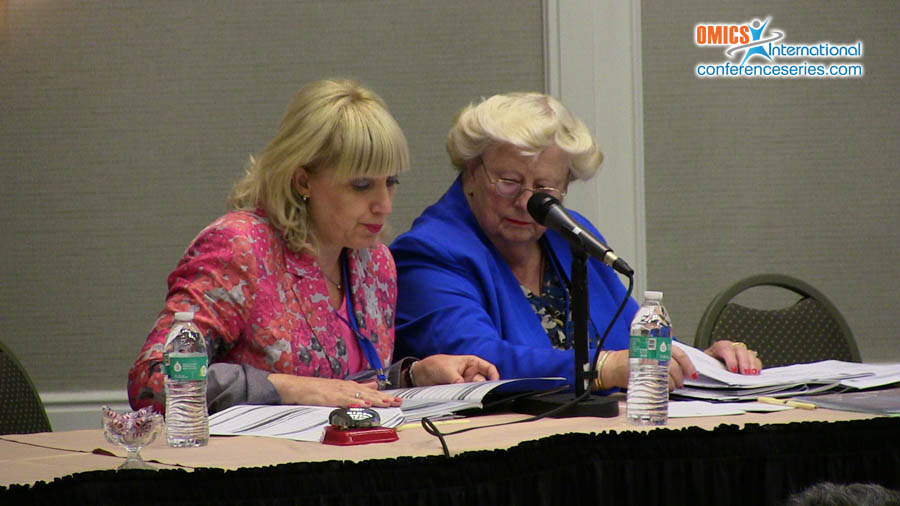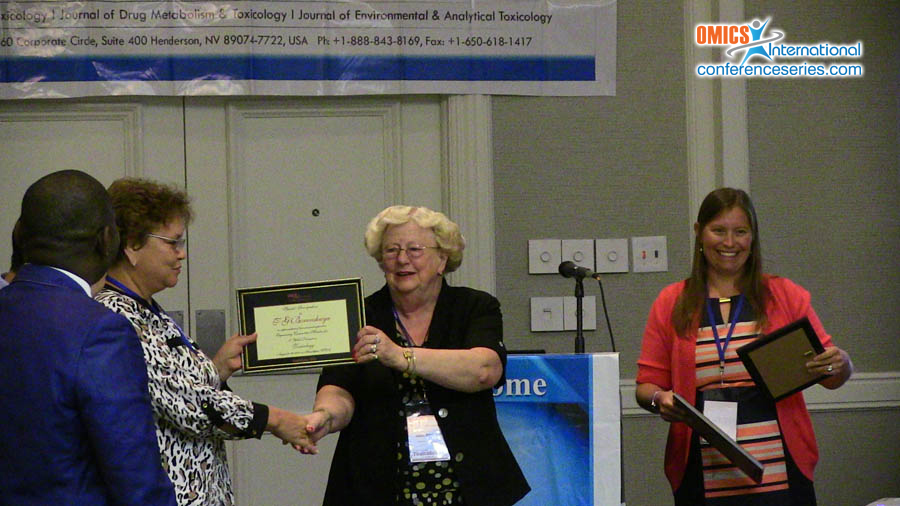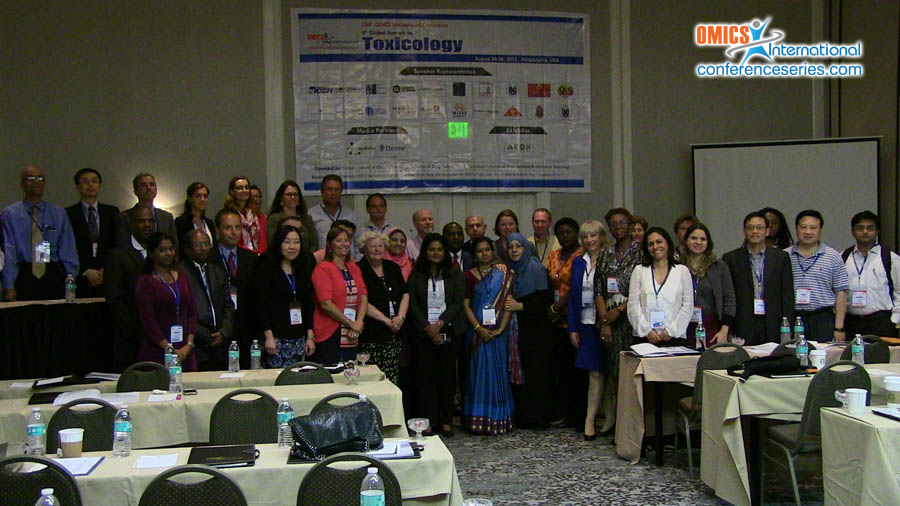
Diana Anderson
University of Bradford, UK
Title: The protective effect of the flavonoids on food-mutagen-induced DNA damage in peripheral blood lymphocytes from colon cancer patients
Biography
Biography: Diana Anderson
Abstract
The food mutagens IQ (2-amino-3-methylimidazo[4,5-f]quinoline) and PhIP (2-amino-1-methyl-6-phenylimidazo[4,5-b]pyridine) are heterocyclic amines (HCA), generated when heating proteinaceous food. This study investigates the protective potential of the flavonoids quercetin (Q) and rutin (R) against oxidative stress induced in vitro by IQ and PhIP in lymphocytes from healthy individuals and untreated, newly diagnosed colon cancer patients using the Comet assay. In the presence of up to 500 μM Q and R, the DNA damage resulting from a high dose of PhIP (75 μM) or IQ (150 μM) was significantly reduced (P < 0.001) to levels comparable to six times lower IQ or 7.5 times lower PhIP doses. Lymphocytes from colon cancer patients had greater baseline DNA damage than those from healthy individuals (P < 0.01) and this higher level of damage was also observed throughout in vitro treatment. Except for the >50 years of age group and male gender, confounding factors such as smoking, drinking and/or dietary habits were not found to be significant. In conclusion, flavonoids reduced oxidative stress caused by food mutagens in vitroin lymphocytes of healthy individuals and colon cancer patients. Thus, dietary supplementation with flavonoid-rich vegetables and fruits may prove very effective in protecting against oxidative stress.






